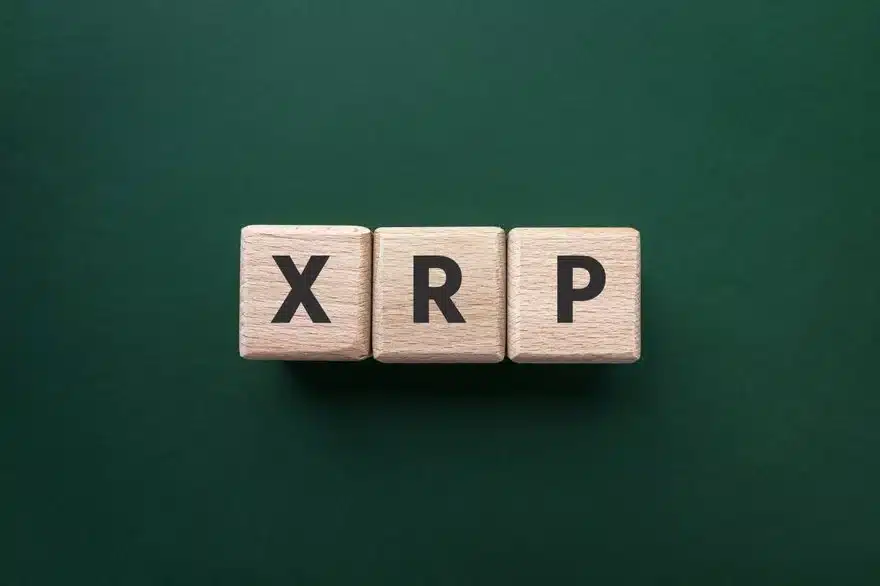By Marty Swant • July 19, 2024 •

Ivy Liu
While Amazon hogged plenty of headlines this week with another gigantic Prime Day, competitors are adding advertising features to boost their own e-commerce capabilities. Another major player is eBay, which recently debuted new ad tools aimed at giving sellers more ways to advertise on and off the company’s platform.
Along with a redesigned dashboard for tracking and optimizing campaigns, eBay on July 8 also added AI tools to help create campaigns. One feature lets sellers use AI to build campaigns around current and emerging marketplace trends. Another tool offers personalized campaign recommendations based on a seller’s listings for a particular day.
Some of the updates are based on seller feedback, according to Alex Kazim, eBay’s head of advertising. As eBay added more functionality to its ad products, some sellers said the platform had become hard to understand and use, which made it harder to know how to create campaigns and where to spend. The updates follow eBay’s other tests in the past year, which have included using generative AI for better ad personalization.
“Even the ones who are sophisticated are asking for a way to really automate this because [sellers] don’t have that much time to spend on it,” Kazim told Digiday. “The second piece was this constant refrain from every seller event that I went to: ‘How do I grow my business?’ They just wanted to get more insights, more understanding of ways they could actually grow their business.”
With trending campaigns, eBay uses search terms to match ads based on relevant keywords, sub-categories or a shopper’s past eBay shopping history. Kazim said eBay uses semantic understanding powered by large language models to analyze keywords to target in addition to the keywords sellers choose for their campaigns. One marketing trends example is the video game “Fallout,” which has gained more recent popularity as a TV series on Prime Video: “Fallout has been around for a long time and so people have a lot of cool memorabilia.”
The new platform is powered by a few different AI models, noted Kazim. One, called BERT, analyzes title similarities. Another multimodal model can analyze both images and text to look for similarities. However, Kazim noted the definition of “similar” can vary between AI models, which is why eBay tests with different models when developing the new features. One example he gave is when eBay’s platform is looking at a pair of Apple AirPods to determine which items are similar to advertise with it.
“Sometimes those are other AirPods, sometimes it’s other headsets,” Kazim said. “Sometimes it’s something completely different or complementary, like a case for the AirPods or something. So we’re looking at that particular seed item, and then we’re actually going through a bunch of different models to understand that they are what this user should actually see.”
Some of the new tools are especially helpful for sellers creating promoted listings or priority campaigns if a seller wants to avoid eBay’s automated selections. LLMs are especially good at seeing which items might be complementary and worth advertising alongside each other, and eBay also uses behavioral data for additional signals.
The ability to buy ad campaigns based on trends might be especially appealing for low-margin sellers trying to maximize return on investment, said Gartner analyst Mike Froggatt. As larger advertisers invest in e-commerce platforms, it might also put more pressure on smaller third-party sellers.
The evolution of search is also helping to diversify marketer options through the consumer purchasing funnel. As platforms like Meta’s Advantage+ shopping campaigns and others build platforms that give advertisers fewer options, Froggatt also noted that retail media networks are looking to give advertisers even more options.
“Anytime you’re dealing with performance marketing at the bottom of the funnel, speed to decision with buying and optimization is going to be essential,” Froggatt said. “The tools eBay, Amazon and others are releasing are almost meant to help their smaller sellers and make sure that they are remaining competitive in a space like this.”
EBay is also using generative AI in other ways, such as automatically generating product descriptions. Beyond ads, eBay also is testing something called “magical listing flow,” where sellers can take a photo and have an AI model create a title and aspects in a description. Although some platforms like Meta and Amazon are rolling out ways to create AI-generated campaign assets, Kazim said eBay is staying away from that for now.
The company’s ad revenues are projected to continue growing steadily in the next few years, according to a March forecast by eMarketer, which is forecasting revenue of $651.4 million in 2024, $780.3 million in 2025, and $926.3 million in 2026.
In the first quarter of 2024, eBay’s first-party ad products generated $370 million for an increase of 30% over last year. Legacy third-party display ads brought in less than $15 million, with a 55% decrease as part of the company’s plan to prioritize first-party ad products. Third-party ads now make up less than 4% of ad revenue, CEO Jamie Iannone said in May on the company’s earnings call. (The company’s costs for ad products also increased $11 million in the first three months of the year, according to eBay’s first-quarter results.)
AI tools are critical to improving results on e-commerce platforms and retail media networks, said Adam Skinner, managing director of unified retail media at Epsilon. “Al will allow for faster decision making and help brands operate more efficiently by improving reach and personalization to shoppers,” Skinner said. “…Al recommendations and striving for an ease of activation can save brands time and boost sales.”
- Ahead of the 2024 Summer Olympics later this month, Google was named the “official search AI partner” for Team USA. Plans for promoting AI during the Paris games on NBCU platforms include Olympics-themed integrations for AI in Search, Gemini, Google Maps and Google Lens.
- Anthropic announced the launch of a new Claude app for Android users.
- Media.Monks rebranded as merely .Monks as the S4-Capital owned agency touts its AI offerings.
- A new state bill in California has some tech giants concerned about AI regulations. Will SB1047 do for AI what CCPA and CPRA did for data privacy in the Sunshine State?
- A report by Proof News found evidence of tech companies using YouTube to train their AI models despite it being against Google’s rules.
- ElevenLabs, the AI startup that was infamously used to create the Joe Biden robocalls earlier this year, has teamed up with the AI detection startup Reality Defender. The goal is to combat misuse of AI ahead of the 2024 elections.
- Market research firm Ipsos has launched a new Creative|Spark AI tool that uses generative AI to help evaluate ads.
- The union for editorial teams at Ziff Davis-owned publishers reportedly reached a tentative contract agreement that prevents layoffs or salary cuts caused by generative AI.
1s and 0s: Research about AI
- McKinsey’s new report looks at the tech trends for 2024, which include enterprise adoption of generative AI. (No surprise there.)
- A new report from Reuters and Oxford University examines how people in the U.S., UK and Mexico feel about AI use by the news industry.
- Platforms struggle with misinformation and exploitation amid Trump assassination attempt
- ‘Everything is AI now’: Amid AI reality check, agencies navigate data security, stability and fairness
- Publishers say private programmatic revenue is up – but open is a mixed bag
- CMO Strategies: A guide to display ads — benefits, obstacles and trends
- Amazon Prime Day recap: Shoppers buy household items over pricey splurges on first day
- Mod Op makes its largest agency acquisition as it expands AI, creative services
- Why angel investor Matthew Ball still believes in the metaverse
- Marketing Briefing: Why sustainability is ‘not a priority’ for marketers right now
https://digiday.com/?p=550428





